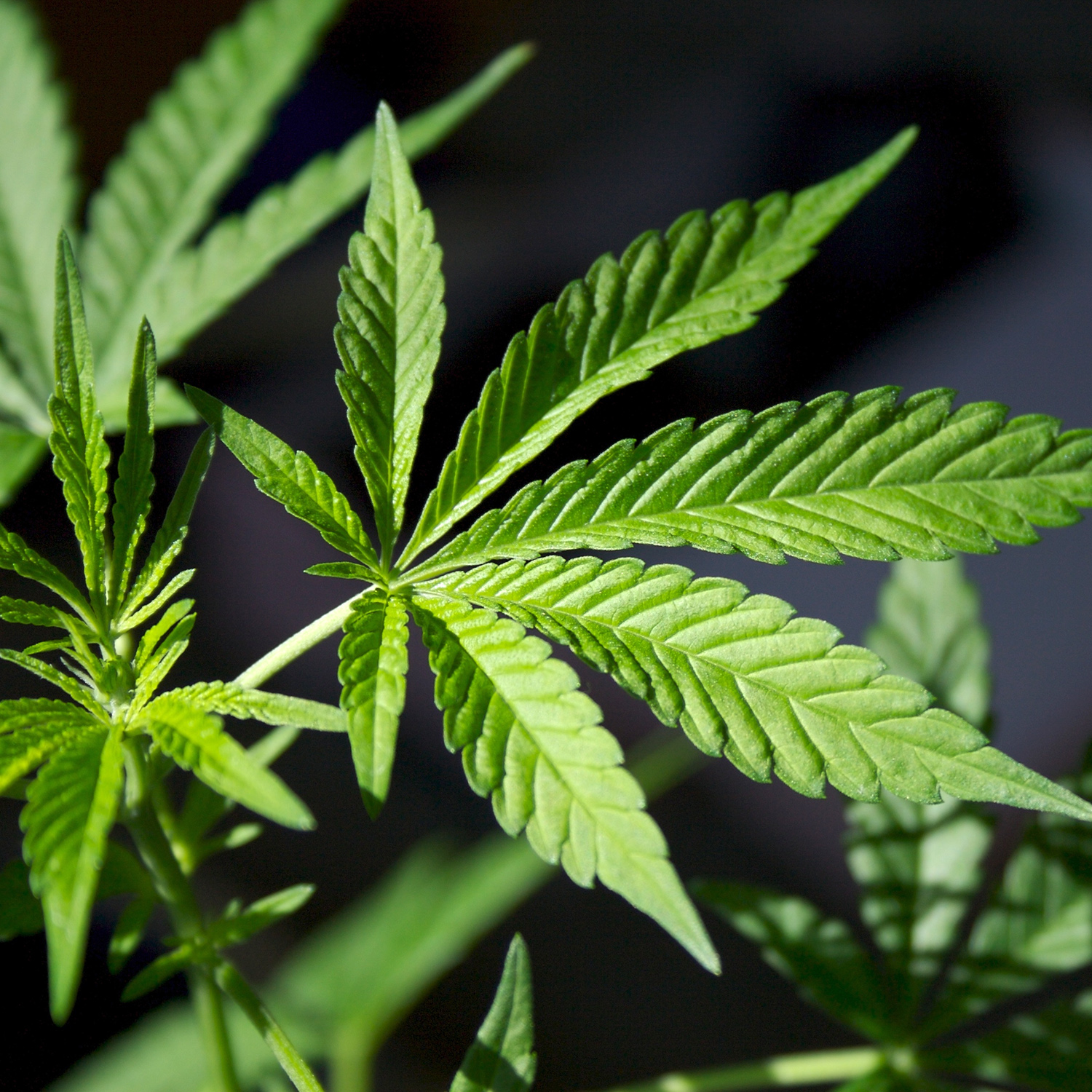
Alan: It appears that a significant percentage of marijuana users are genetically pre-disposed to psychological derangement when exposed to the substance. At minimum those states which have legalized marijuana should use profits to develop "predisposition profiles" and then make them freely available to those who want them.
"Cannabis Use And The Risk Of Developing A Psychotic Disorder"
"Cannabis-Induced Bipolar Disorder With Psychotic Features"
"Marijuana-Cannabis And Development Of Schizophrenia"
"The Neuroscience Of Pot: Researchers Explain Why Marijuana May Bring Serenity Or Psychosis"
Marijuana users face a significant number of health risks, including serious psychological derangement in people who are predisposed to instability for genetic or environmental reasons.
http://www.drugabuse.gov/publications/drugfacts/marijuana
What are the risks of marijuana? More than many realize.
Alice G. Walton
Forbes
http://www.forbes.com/sites/alicegwalton/2012/01/11/the-neuroscience-of-pot-researchers-explain-why-marijuana-may-bring-serenity-or-psychosis/
According to the experts, and to people who use it, pot can have widely disparate effects on people’s behavior, depending on…well, that part is still a bit unclear. Marijuana has been shown to have both anxiolytic (anti-anxiety) effects and to induce anxiety and psychosis in certain people. In schizophrenics, it canincrease symptoms, and in healthy people it can increase the risk of schizophrenia. Now, new study shows that the two active ingredients in pot, Δ9-tetrahydrocannabinol (THC) and cannabidiol (CBD) may have quite opposite effects on the brain – and behavior – and could explain why pot’s effects can be unpredictable.
In the new study, the researchers had 15 men who were relatively unseasoned pot users take capsules containing THC, CBD, and flour (placebo) on each of three occasions. The participants then took simple computer tests in which arrows, pointing either left or right, flashed on the screen; the men had to respond based on their direction. Occasionally, an “oddball” arrow was thrown in to the sequence, which was at a 23-degree angle.
This setup allowed the researchers to compare the men’s reactions to usual vs. oddball stimuli, and to see how the various chemicals affected it. How people react to mundane environmental cues vs. the unexpected ones is thought to be linked to mental health, and therefore, to disorders. So, the men’s reaction times were measured, and their brains were scanned with fMRI to see what was going on neurologically. Their psychotic symptoms were also compared across conditions.
The men who had taken THC had more psychotic symptoms like altered thinking (paranoid and delusional thoughts) than men who’d taken either CBD or placebo.
The THC also had a greater effect on reaction time to the standard, rather than the oddball, conditions. This suggests that THC could change what people see as important environmental stimuli (more on this later). Men who had taken the THC also had less activation in the caudate nucleus: and the less activity in the area, the more marked the men’s psychotic symptoms and affected their reaction times. Alterations in the activity in the striatum and prefrontal cortex also suggested a possible mechanism for the increase of psychotic symptoms.
Taking CBD, however, had the opposite effect of THC. It tended to speed up response time to the oddball stimuli, compared to the standard ones, which suggests that it works with our natural tendency to react to unexpected stimuli, rather than against it. And the brain regions that were activated after CBD ingestion were largely counter to those activated with THC. Previous research has suggested that CBD has antipsychotic effects, and this seems to be supported by the current study.
So what’s the relationship between response to arrows on a screen and psychotic symptoms? Normally, people tend to react to out-of-the-ordinary stimuli over the usual ones. In this study, however, people on THC had boosted responses to the mundane stimuli, and were less responsive to the unexpected ones. In the real world, if one has problems ignoring ordinary stimuli in the environment – and even has a ramped-up or atypical response to them – this could creep into the territory of hallucination. Earlier studies have found links between chronic marijuana use and an increased risk for developing psychotic symptoms. Of course, it’s hard to tell whether marijuana use leads to mental health problems or already having mental health problems leads to increased marijuana use, but this and other studies suggest that it’s more likely the former case.
On the other hand, CBD seems to counter the effect of THC, and could (possibly) be used as an antipsychotic. The team’s earlier work actually showed that pretreatment with CBD can block the psychotic effects of THC administration.
The problem is that most people don’t ingest CBD or THC capsules in real life. They smoke pot, which includes both chemicals. Therefore, the study doesn’t quite explain why taking in both chemicals in at the same time would have different effects in different people (or different effects in the same person on different occasions). For example, why some people are more susceptible to the negative effects of the drug than others is still unclear, but it may be due to the patterns of the different cannabidiol receptors in the brain or other differences that have yet to be determined.
The study does help explain why synthetic marijuana has been linked to more adverse effects than natural cannabis. Synthetic forms of the drug, like K2, which have been associated with more hallucinations, agitation, and ER visits, are made largely of chemicals that are thought to mimic THC.
The study does help explain why synthetic marijuana has been linked to more adverse effects than natural cannabis. Synthetic forms of the drug, like K2, which have been associated with more hallucinations, agitation, and ER visits, are made largely of chemicals that are thought to mimic THC.
Future studies will have to look into some of these remaining questions, but this study makes a good stab at explaining why marijuana can lead to such different experiences in people who use it.
No comments:
Post a Comment